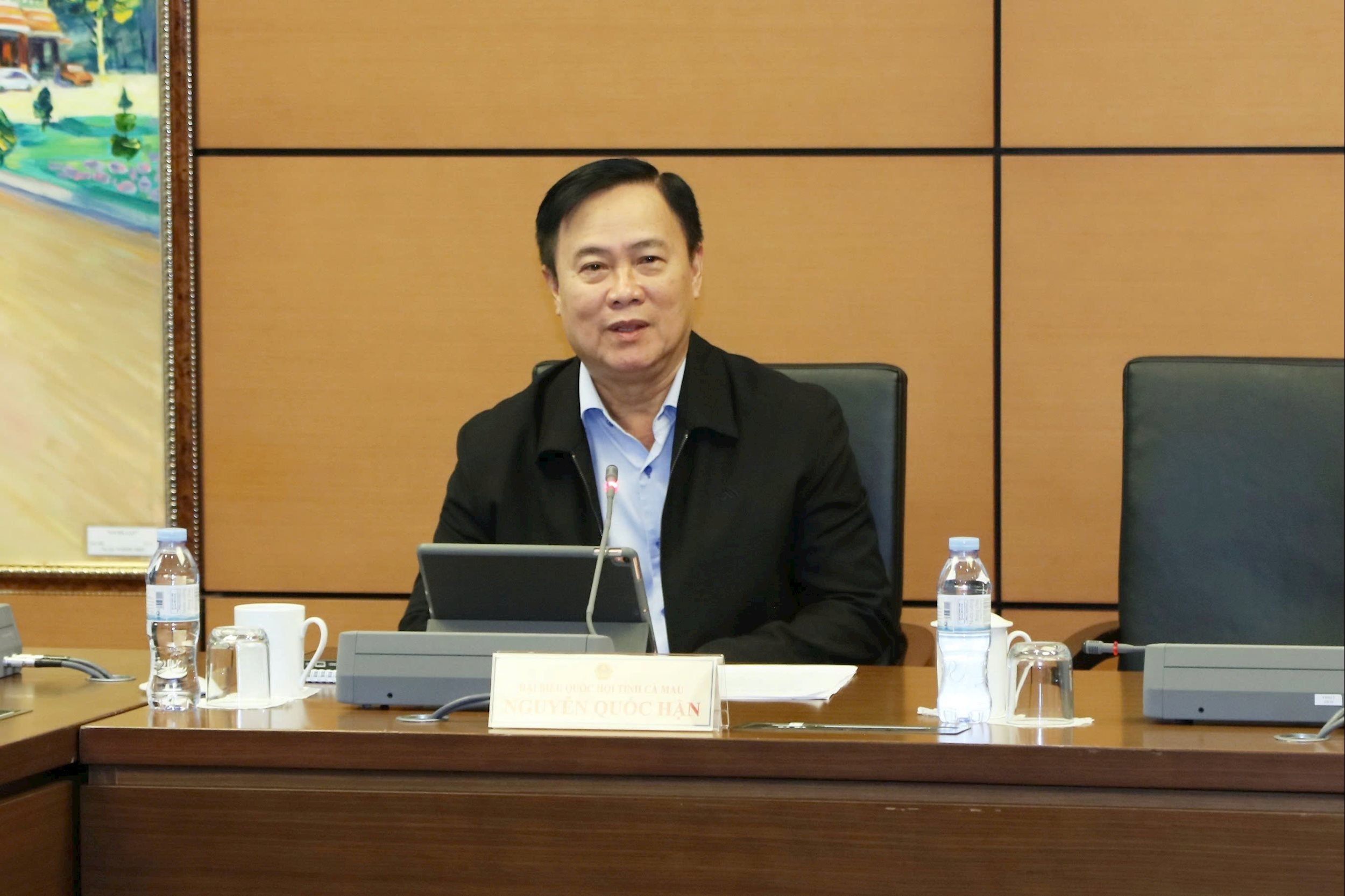
Enhancing capacity to protect intellectual property rights
Contributing opinions to the draft Law amending and supplementing a number of articles of the Law on Intellectual Property, National Assembly Deputy Nguyen Thi Thuy Ngan (Bac Ninh) emphasized: In the context of globalization and digital transformation, knowledge has become the strategic capital of the economy . National value no longer lies in tangible assets, but in the ability to exploit intangible assets such as patents, trademarks, data, software, and ideas. Therefore, this amended Law not only protects rights but also creates a corridor for Vietnamese intelligence to be exploited, valued, and commercialized, becoming a direct resource for economic growth.

Specific comments on the draft Law: In Clause 4, Article 1 on Finance based on intellectual property rights. Delegate Nguyen Thi Thuy Ngan commented that this is new content, the first time intellectual property rights are recognized as a type of asset with economic value, which can be valued, contributed as capital, mortgaged and traded in the financial market. However, according to the delegate, this also requires a system of synchronous and strict regulations to ensure feasibility, avoiding risks in overvaluing intangible assets for profit.
In order for the intellectual property trading market to develop, helping businesses mobilize capital from their own creative value, instead of relying only on tangible assets, delegate Nguyen Thi Thuy Ngan proposed that the Government clarify the concept of "private management" - that is, intellectual property rights must be recorded, publicized, and audited like tangible assets, ensuring transparency in financial reports. At the same time, the Government is assigned to direct the issuance of unified intellectual property valuation standards nationwide, ensuring harmony with international practices and compatibility with the Vietnamese accounting system; valuation results are published in the national intellectual property valuation database.
Through research, National Assembly Delegate Leo Thi Lich (Bac Ninh) said: The draft Law does not have a specific definition of digital works or products created by AI with human intervention. The lack of this concept can easily lead to disputes in the process of protecting copyright and related rights.
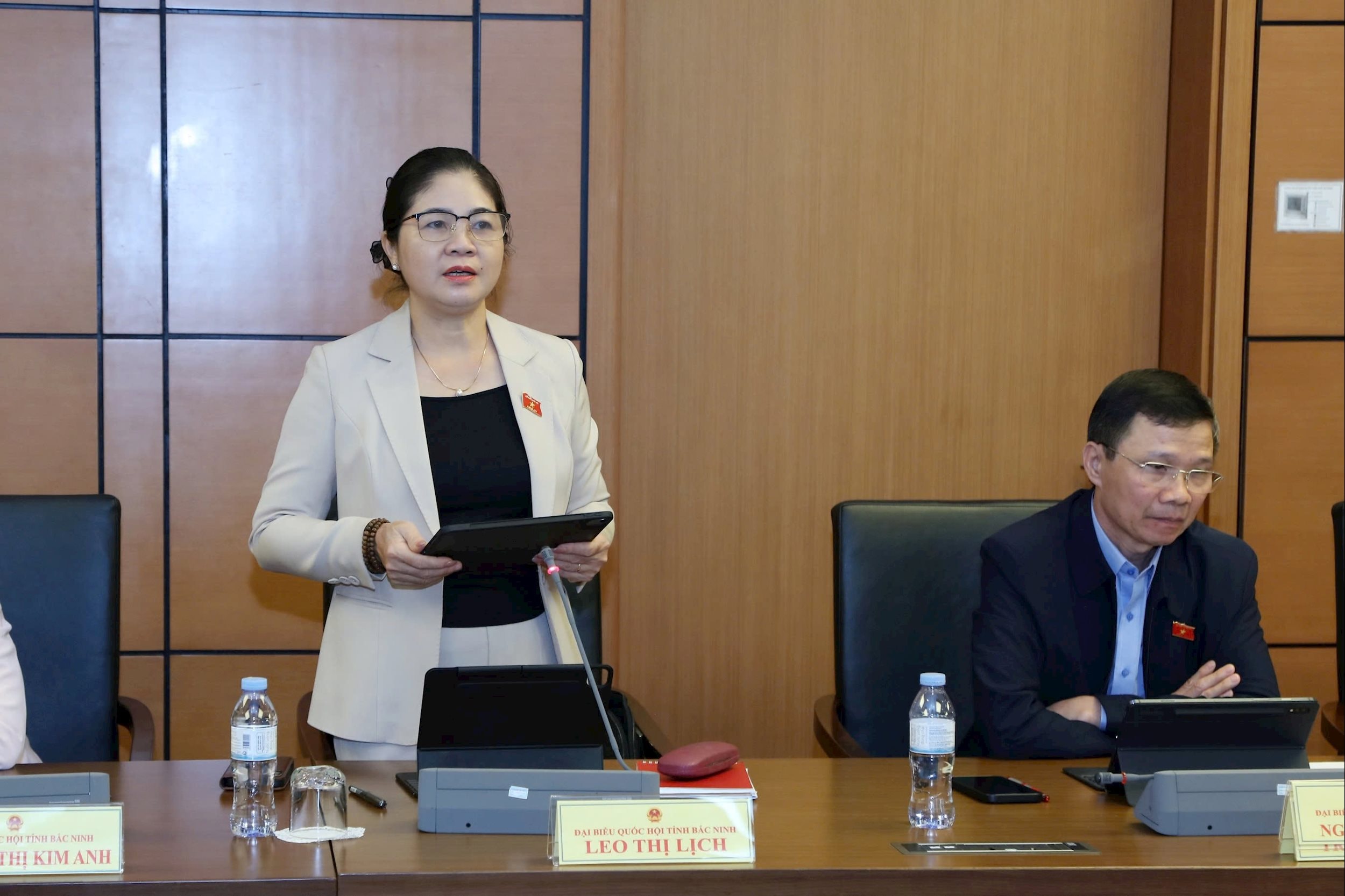
The delegate proposed to add to the general concept section of the law a definition of "digital work" in accordance with current digitalization practices, while creating a legal basis for registering and protecting copyrights electronically, ensuring convenience for creators.
Agreeing with the delegates, National Assembly member Tran Thi Thu Dong (Ca Mau) proposed adding a definition of "copyright infringement in the digital environment", more specific regulations on works created by artificial intelligence, and at the same time, there should be a mechanism for agreement and refusal of commercial exploitation to protect the rights of authors.

In addition, delegates recommended building a national database on copyright, applying digital identification technology or Blockchain to make management transparent and prevent plagiarism.
National Assembly Delegate Nguyen Van Thi and National Assembly Delegate Tran Thi Van (Bac Ninh) share the same opinion, saying that it is necessary to protect creative people from technology, to avoid machines being recognized with the same rights as humans.
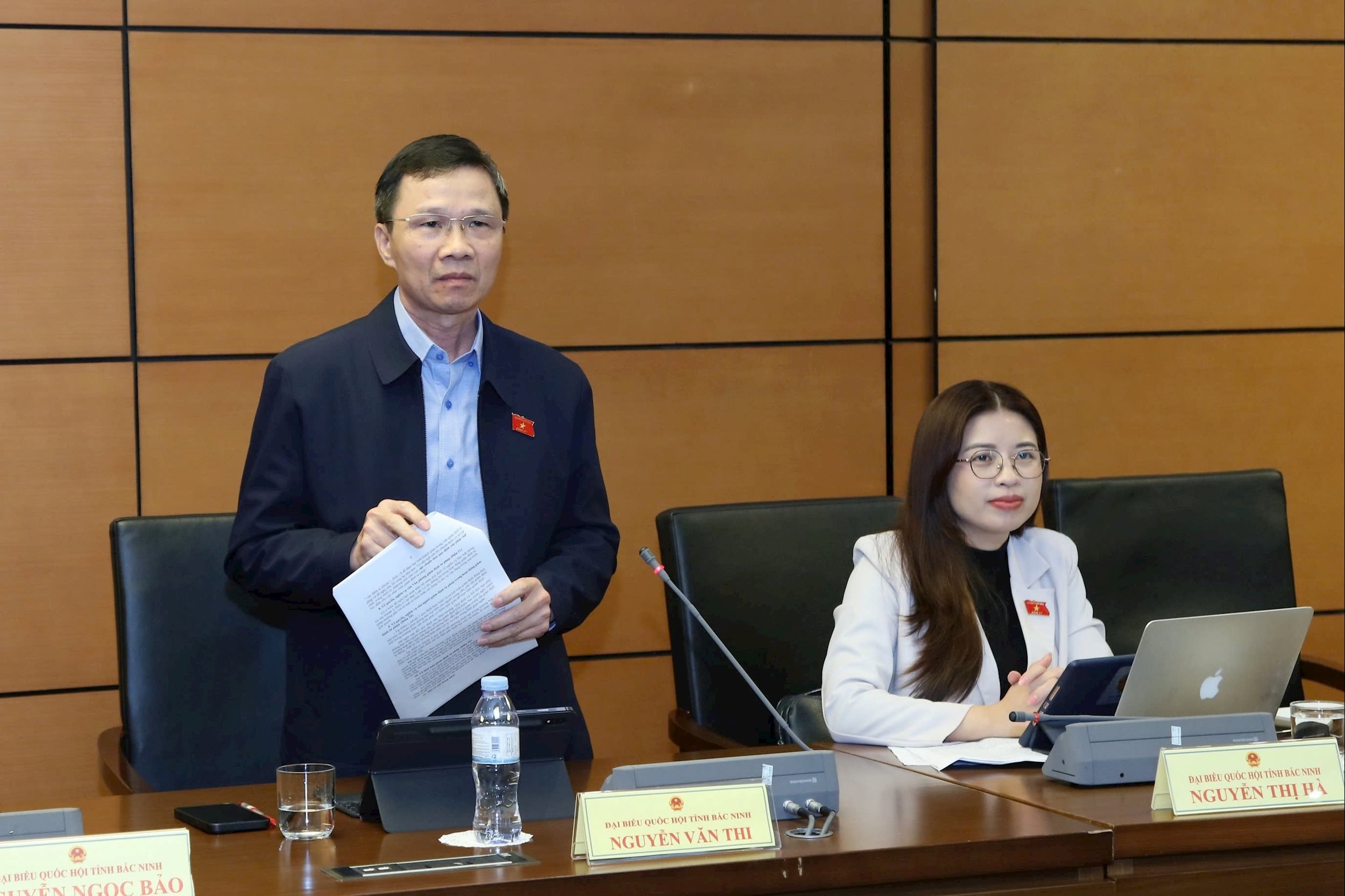
At the same time, improve the capacity to protect intellectual property rights, especially in e-commerce and import-export activities, through close coordination between state management agencies, economic police and customs forces to promptly detect and handle violations.
.jpg)
Supplementing regulations to encourage the use of intellectual property rights to borrow capital
Affirming that the draft Law on Intellectual Property (amended) will be the “fundamental law” of the knowledge-based economy. Through discussion at Group 8, National Assembly Deputy Nguyen Nhu So (Bac Ninh) proposed to shorten the appraisal time, simplify procedures, and at the same time form a transparent intellectual property trading market, helping businesses access and exploit it more effectively.
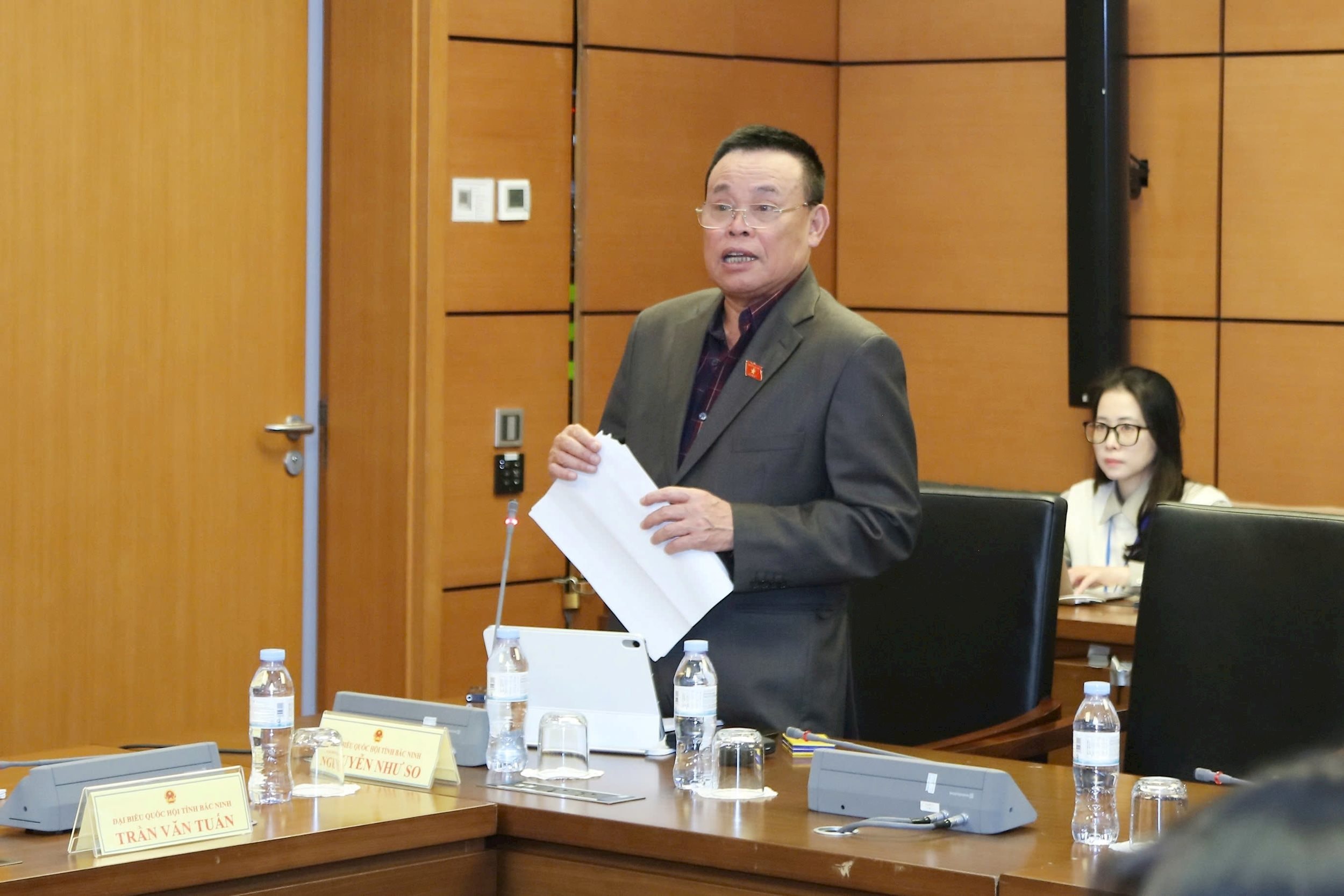
In practice, the progress of processing industrial property registration dossiers is still very slow, most of which are prolonged and do not meet the statutory deadline. Delegate Nguyen Nhu So said that the problem does not lie in policy design, but in implementation capacity. To overcome the situation, the delegate suggested that it is necessary to arrange a team of truly good cadres with deep expertise, strong professional skills and the ability to handle work quickly and accurately; invest in digital technology infrastructure, automate the steps of searching, classifying and processing dossiers to overcome delays, thoroughly resolve backlogs, and create substantial changes in the effectiveness of state management. Apply a mechanism to commit to processing time; implement file flow according to complexity level...
Delegate Nguyen Nhu So also proposed adding regulations to encourage the use of intellectual property rights to borrow capital or mortgage to borrow capital, which is a step in the right direction, in line with the development trend of the knowledge economy. This regulation creates a basis for intellectual property rights to no longer be "intangible assets on paper", but become real economic resources that can be valued, traded and put into circulation like other tangible assets.
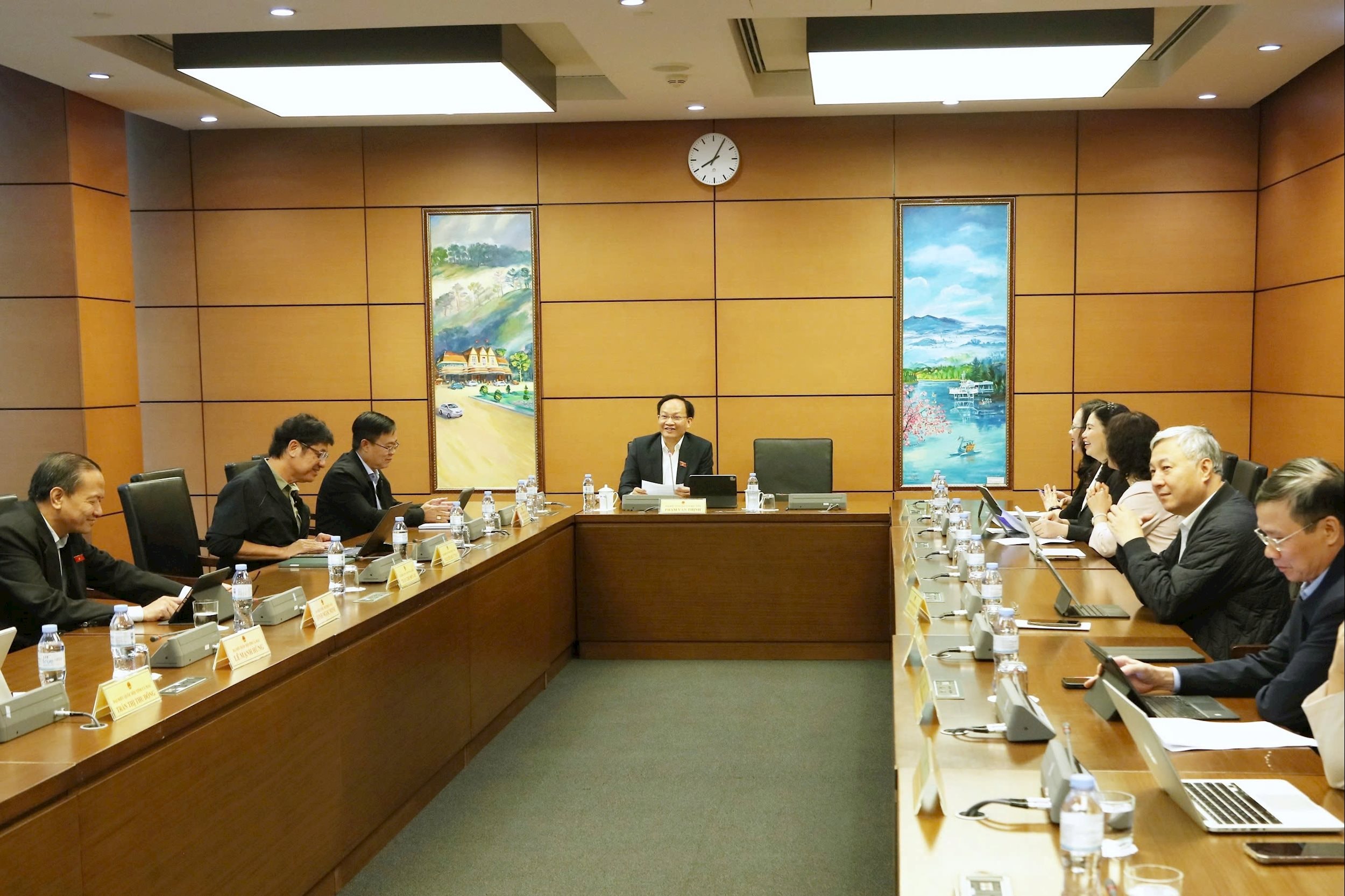
To do this, delegates proposed to soon build a legal corridor on intellectual property valuation, promulgate technical standards and valuation procedures according to international practices; at the same time develop a system of independent, qualified valuation organizations, licensed and supervised by the State; build a national database system on intellectual property linked with the banking system; especially establish a credit guarantee mechanism for loans with intellectual property as collateral...
Agreeing with delegate Nguyen Nhu So, National Assembly Deputy Dinh Ngoc Minh (Ca Mau) said that currently the process of granting patents and industrial property certificates is slow, in some cases lasting 3-4 years, affecting innovation and business activities.

Delegates proposed implementing a two-phase patent granting mechanism: a temporary granting phase, within 1 year to ensure immediate benefits for patent owners; then, if no disputes or complaints arise, it will move to official granting.
At the same time, decentralize and delegate authority to localities in the appraisal and issuance of industrial property certificates, similar to the decentralization of the Ministry of Agriculture and Environment in the management of plant protection drugs, to increase initiative, reduce the burden on central agencies and speed up the processing of documents.
Drawing on a real-life story, delegate Nguyen Duy Thanh (Ca Mau) said that most small and medium-sized enterprises in Vietnam do not consider intellectual property as a real business asset due to lack of capital and knowledge about exploiting and protecting intellectual property rights. Therefore, the delegate proposed to add separate regulations on intellectual property in innovation and business development activities.
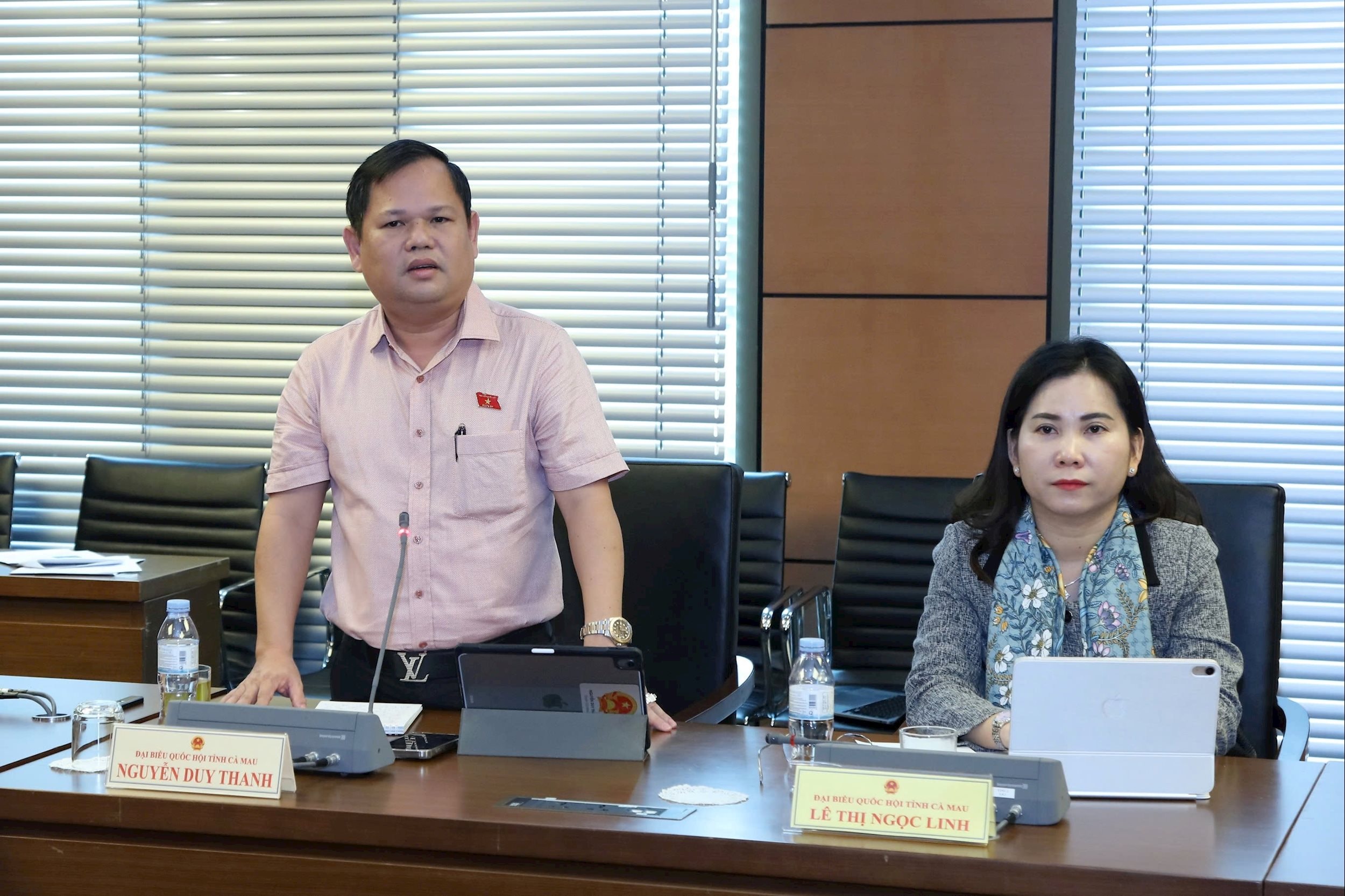
At the same time, delegates proposed establishing a credit guarantee fund for intellectual property, allowing businesses to use patents and trademarks as collateral; in addition, forming a national intellectual property valuation center to support businesses in transparent technology valuation and transfer...
Source: https://daibieunhandan.vn/kien-nghi-hinh-thanh-trung-tam-tham-dinh-gia-tri-tai-san-tri-tue-quoc-gia-10394527.html







![[Photo] Opening of the 14th Conference of the 13th Party Central Committee](https://vphoto.vietnam.vn/thumb/1200x675/vietnam/resource/IMAGE/2025/11/05/1762310995216_a5-bnd-5742-5255-jpg.webp)


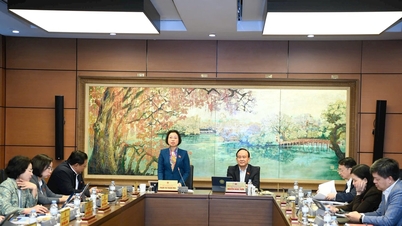




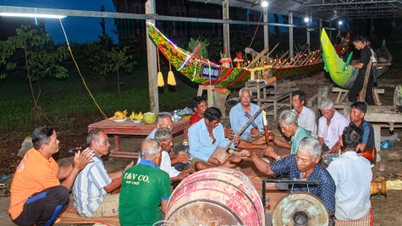
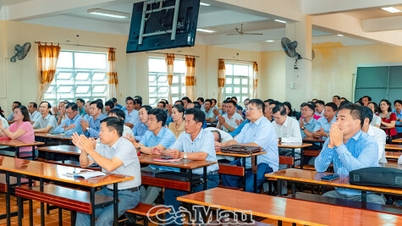
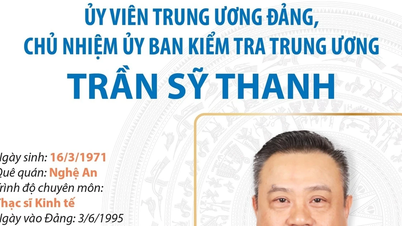

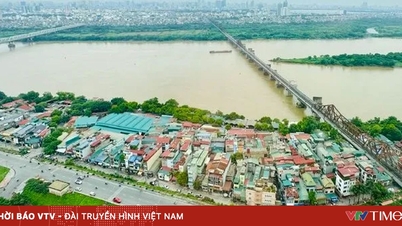

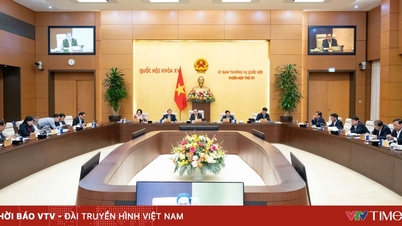


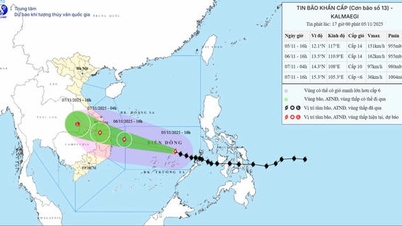





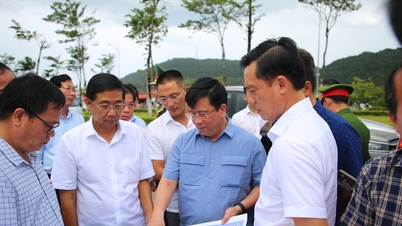
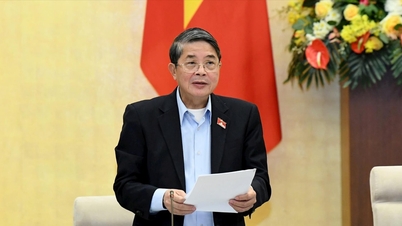

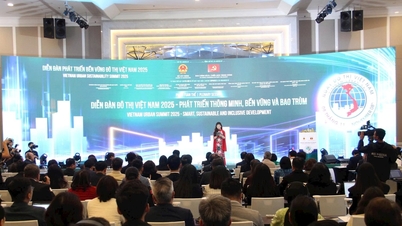
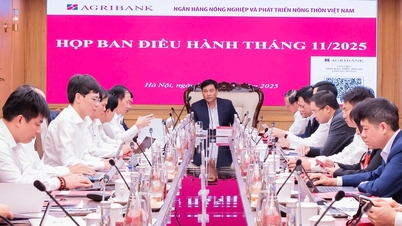


![[Photo] Panorama of the Patriotic Emulation Congress of Nhan Dan Newspaper for the period 2025-2030](https://vphoto.vietnam.vn/thumb/1200x675/vietnam/resource/IMAGE/2025/11/04/1762252775462_ndo_br_dhthiduayeuncbaond-6125-jpg.webp)



































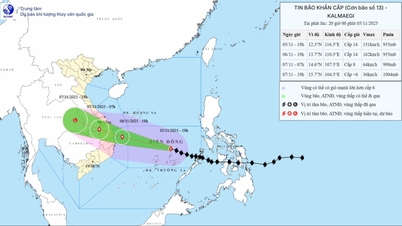
















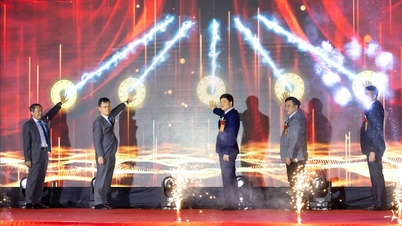

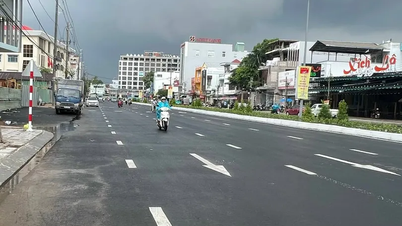



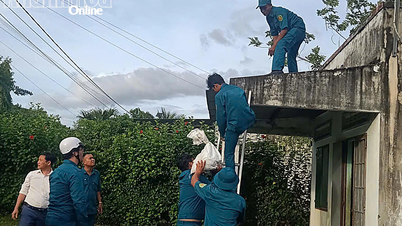















Comment (0)